
Why the Intellectuals? A Heinous War Strategy to Cripple Bangladesh
The won war of Bangladesh liberation was marked by a final effort of eliticide, aimed at wiping out the intelligentsia and key occupational classes. This article reflects on several historical developments that formed the basis of Bangladesh’s identity, highlighting how the elimination of intellectuals sought to cripple the nation’s future and undermine its potential for self-determination. Both the unrecognized Bangladesh Genocide and Operation Searchlight represent suppressed narratives, struggling to fit into international recognition frameworks.

Jumma Peoples Network UK Press Release
A peaceful demonstration in London by the Jumma Peoples Network UK, Amnesty International, Survival International, and Friends of CHT against Bengali settlers’ violent attacks on the Indigenous Jumma peoples.
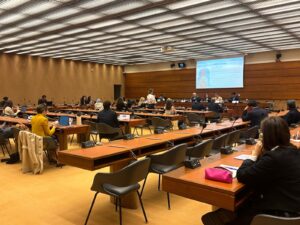
GHRD’s UN Side Event: Human Rights in Pakistan
GHRD hosted a side event at the 57th session of the Human Rights Council in Geneva, discussing human rights, forced conversions, and Pakistani minorities’ forced marriages. Panel stressed urgency for cooperation and international accountability.
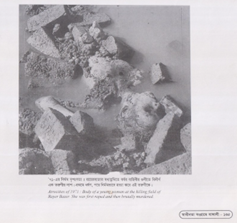
The Role of Media: How Pakistan’s Control and the ‘Winners’ Narrative’ Obscured the Bangladesh Genocide
The Bangladesh Genocide of 1971, considered one of the most brutal conflicts of the 20th century, continues to be a suppressed part of world history, manipulated by the victors and obscured by media control.
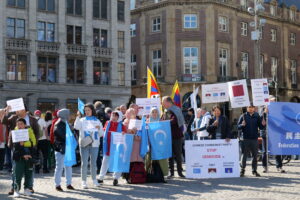
150 Uyghurs, Tibetans, and South-Mongolians Unite for Justice on Amsterdam’s Dam Square
Amsterdam protest demands human rights justice for 150 Uyghurs, Tibetans, and South-Mongolians in China, urging cessation of forced labor, closure of concentration camps, religious freedom, and cultural heritage preservation.

Breaking the Bias: Western Media and Human Rights in Bangladesh
The symposium “Breaking the Bias: Western Media & Human Rights in Bangladesh” in The Hague explored media representation and human rights issues, including the 1971 genocide.

Breaking the Bias: Symposium Explores Western Media’s Impact on Human Rights in Bangladesh
The symposium “Breaking the Bias: Western Media & Human Rights in Bangladesh” in The Hague explored media representation and human rights issues, including the 1971 genocide.

The Post-1971 Non-Recognition of the Bangladeshi Genocide: a Legal, Political, and Social Analysis
Despite the atrocities committed during Bangladesh’s 1971 Liberation War the Bangladesh Genocide has yet to receive formal recognition from the international community. This article explores the social, political, and legal factors behind the ongoing lack of recognition, highlighting biases, geopolitical interests, and gaps in international legal frameworks that have hindered global acknowledgment of the Genocide.

Dark Pasts and Bright Futures: An Economic Analysis of Bangladesh in the Context of the 1971 War and Genocide
This article explores the economic effects of the 1971 war and genocide in Bangladesh on providing historical context across four major eras: prewar, wartime, postwar and contemporary. EDIT: Hundred thousand figures have been adjusted to show 100,000 instead of 1,00,000.
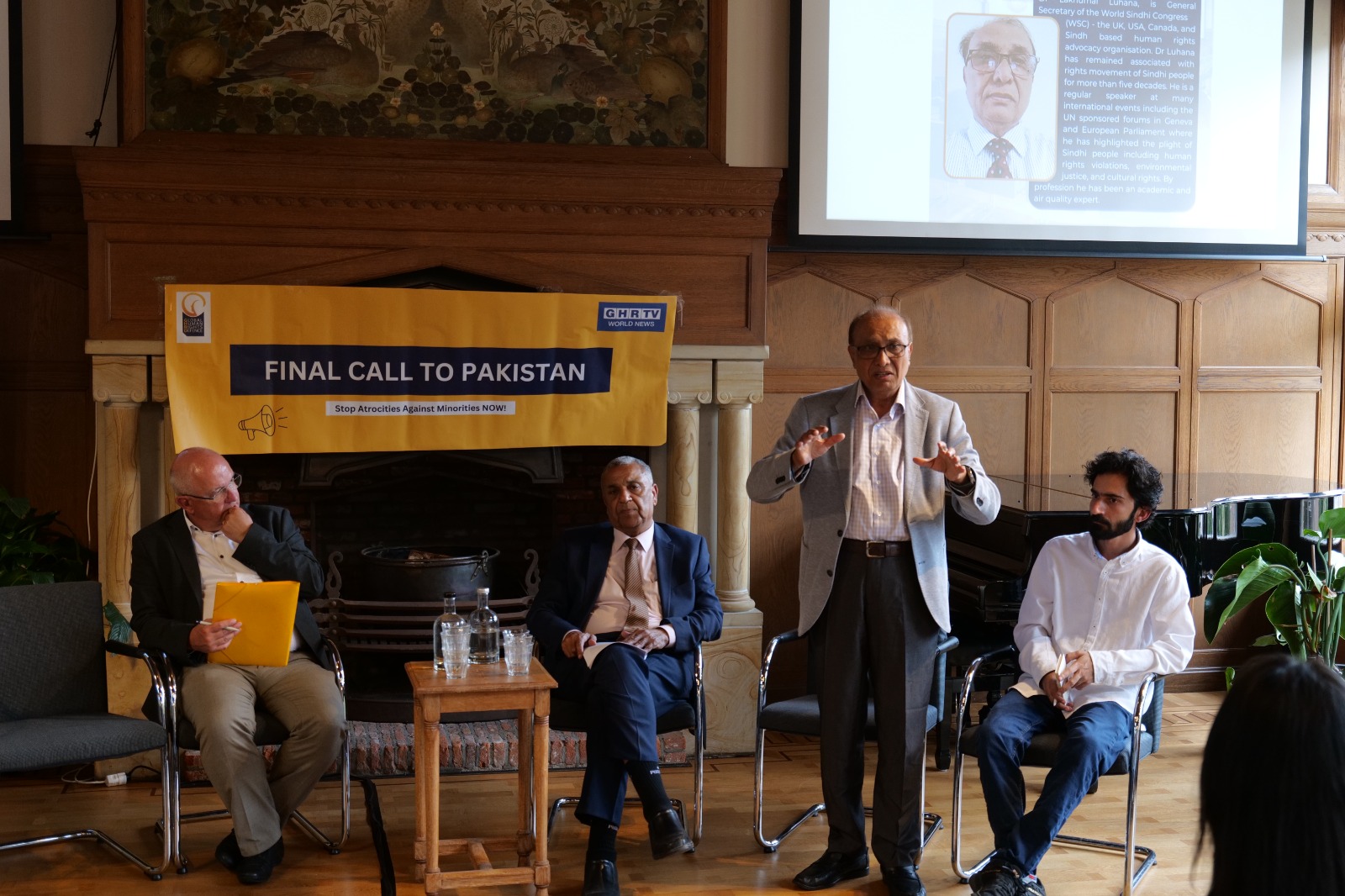
Special Hearing: Addressing Human Rights Violations in Pakistan
The Hague-based special hearing highlighted escalating human rights violations against minorities in Pakistan, highlighting severe persecution, discrimination, and population decline, as presented by the Global Human Rights Defense.

Migration Beyond the EU: Externalisation of Borders and Raising Concerns
The EU’s new Pact on Migration and Asylum, approved in April 2024, aims to reform Europe’s asylum system, but has faced criticism for failing to address and reduce pressures on states of first entry, unlawful pushbacks, and human rights violations. Externalisation policies, used to curb irregular migration, have led to human rights violations in North Africa and neglected long-term migration challenges. Critics call for a more balanced approach, including legal migration pathways and addressing authoritarianism in third countries.
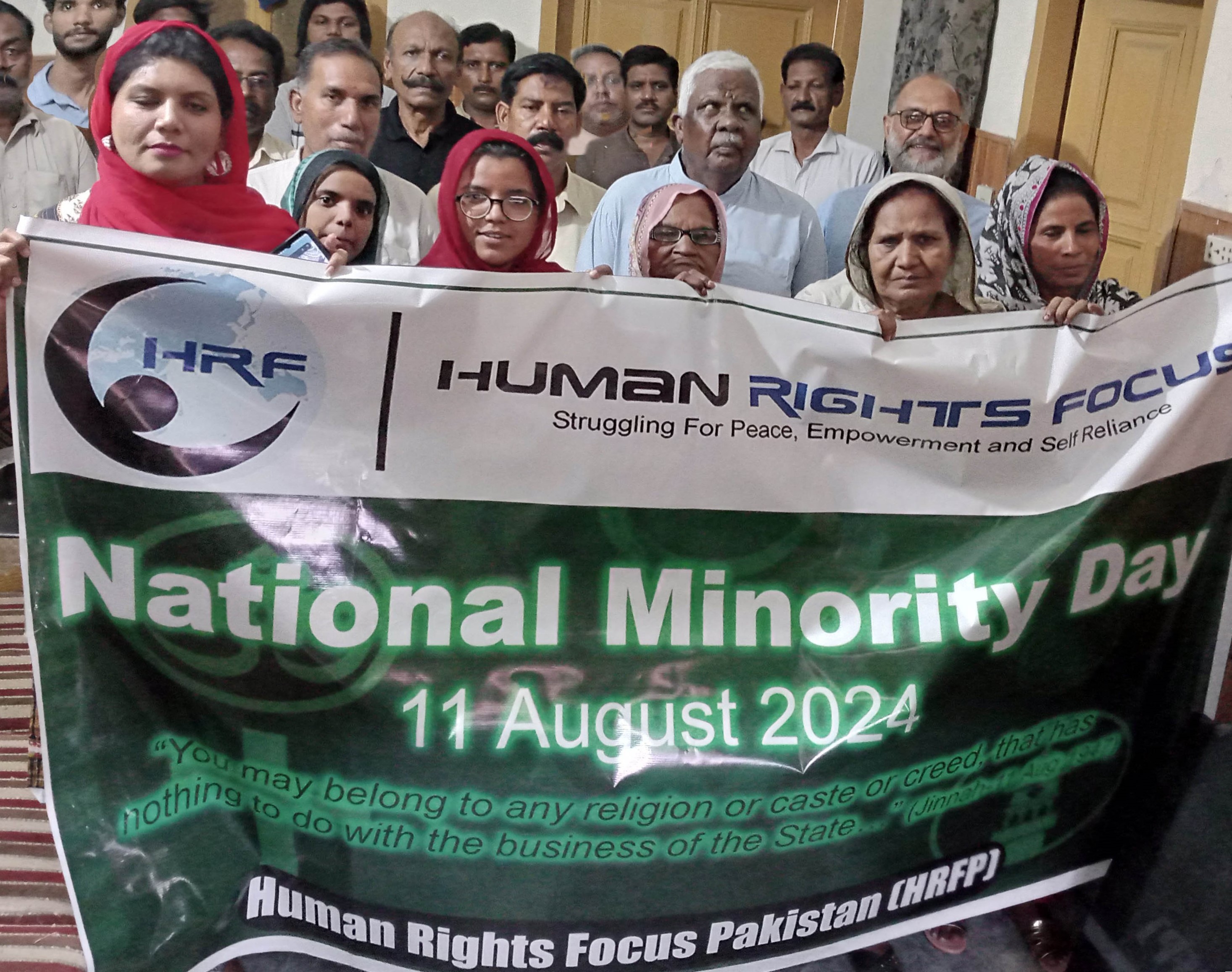
HRFP observed National Minorities Day 2024 on “Jinnah’s 11th August Speech on Religious Freedom.”
HRFP held a protest rally on National Minorities Day, highlighting the importance of religious freedom and urging the government to protect and promote their rights.
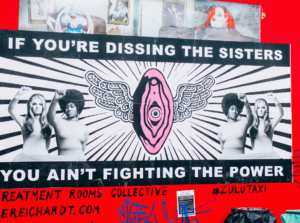
Addressing the Convergencies Between Voluntary Sex Work and Sexual Exploitation for a Sex Positive Culture
Many laws on the criminalisation of sex trafficking and most approaches to the sex work profession lack a distinction between voluntary sex work and exploitation within sex work. This makes the whole fight against sex trafficking result in an objection against the sex work industry as a whole, which, however, increases discrimination against sex workers and has not reduced cases of sex trafficking. The article intends to explore the convergencies between sex trafficking and voluntary sex work, emphasising the real causes of cases of exploitation in the industry, which is capitalist and labourist society and not sex work per se. It also delves into the different legislative approaches to sex work and their implications, promoting respect for the self-determination and freedom of voluntary sex workers.
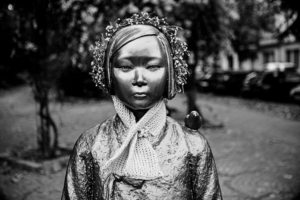
The “Comfort Women” and Their Right to the Truth
The Imperial Japanese Army forced women from occupied countries into sexual slavery during World War II, referred to as “Comfort Women,” with many victims suffering severe physical and psychological abuse. Japan’s insufficient acknowledgment of responsibility and reparations remains a subject of international controversy, with critics highlighting the lack of formal apologies and inadequate compensation. Despite non-binding apologies and efforts like the Asian Women’s Fund, survivors and advocates argue Japan has yet to fully address the Right to the Truth and justice for the victims.

Sex Talks: the Rage Against the Sex Industry Disguised as a Fight Against Trafficking
In the US, the SESTA/FOSTA bills, introduced to combat sex trafficking, have worsened the conditions for voluntary sex workers by driving them offline, increasing exposure to violence, and limiting their access to income and health services. The laws, while reducing some trafficking online, fail to address the deeper causes of exploitation and stigmatise consensual sex work, violating workers’ rights and freedom of expression. This article argues for distinguishing voluntary sex work from exploitation and emphasises recognising sex work as legitimate labour while advocating for sex workers’ autonomy and protection.
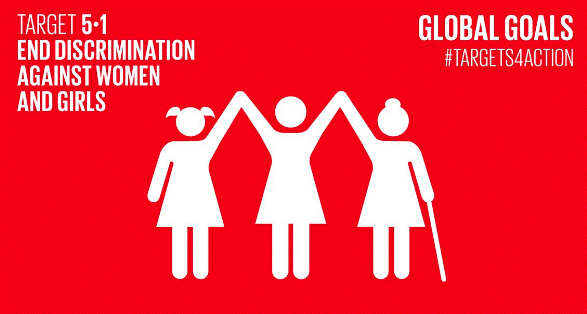
The 16th Meeting of the 56th Session of the Human Rights Council: Discussion on Discrimination Against Women and Girls
The Human Rights Council’s 16th meeting discussed gender discrimination, highlighting challenges like gender stereotypes, insufficient representation, and violence against women. Recommendations included promoting equality and combating discrimination.

Prosecuting the Taliban Regime’s Violations of CEDAW in Afghanistan: Legal Obstacles
The article examines the potential legal action against the Taliban regime in Afghanistan, assessing the challenges to women’s rights within Afghan legislation.
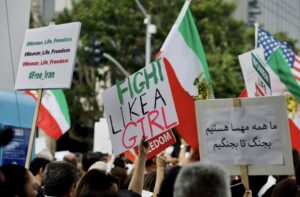
Iran Women’s Movement: A Decade Of Political Activism
The death of Mahsa Amini on 16 September 2022, after being detained by Iran’s morality police for not wearing her veil correctly, triggered a wave of unprecedented protests across the country. These demonstrations, marked by the participation of women and youth, signal profound social changes in Iran. While the protests of 2022 represent a significant moment, they follow a long history of civil resistance since the 1979 revolution, highlighting the growing importance of women as central figures in Iran’s political and social activism. This article explores the evolution and radicalisation of these movements.

The Role of Digital Platforms and Pornography in Online Sexual Violence Cases
This article examines Pornhub’s 2020 cases and the positive implications for women in mainstream pornography, highlighting the lack of specific instruments to prevent online violence.
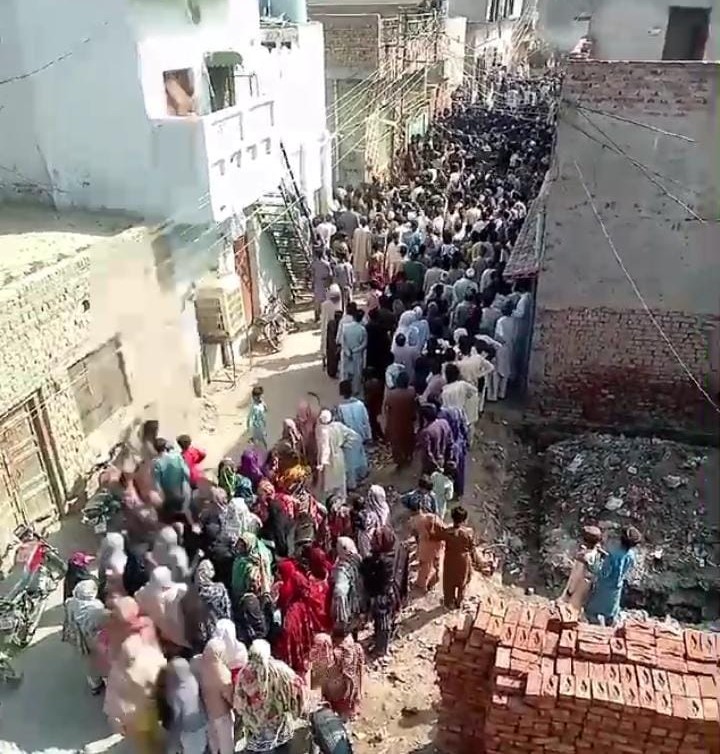
HRFP Press Release: Blasphemy Mob Attack Sargodha
HRFP condemns violent mob attack on Christian families in Sargodha, Pakistan, for false blasphemy allegations, demanding justice and policy reforms.
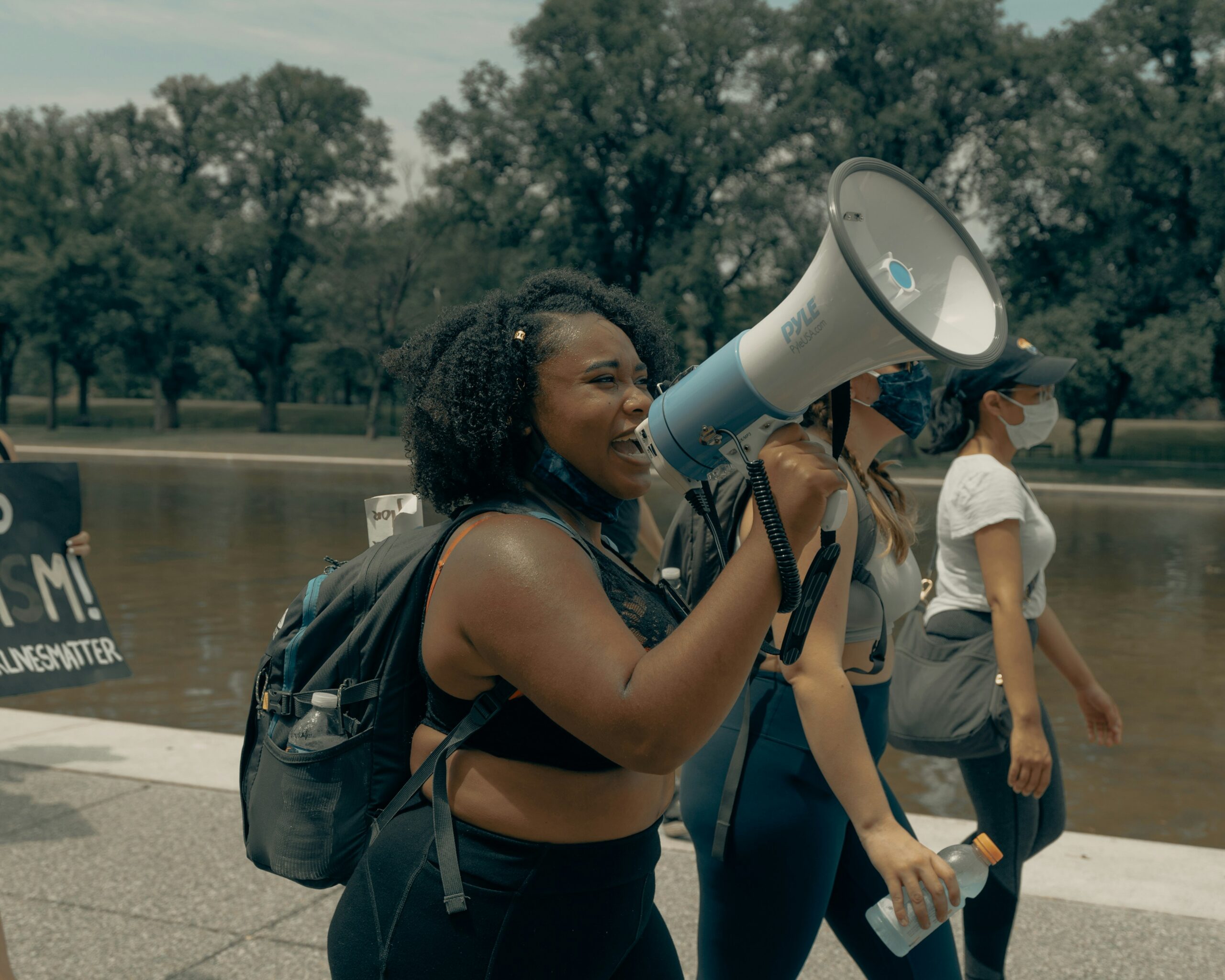
Being a Black Woman in Italy: a Hyper-Sexualisation Rooted in Colonial Heritage
Italy’s Black women face discrimination and harassment due to skin color, racial fetishism, and colonial legacy, perpetuating hyper-sexualization, exclusion, and biases, particularly in Italian colonies.

